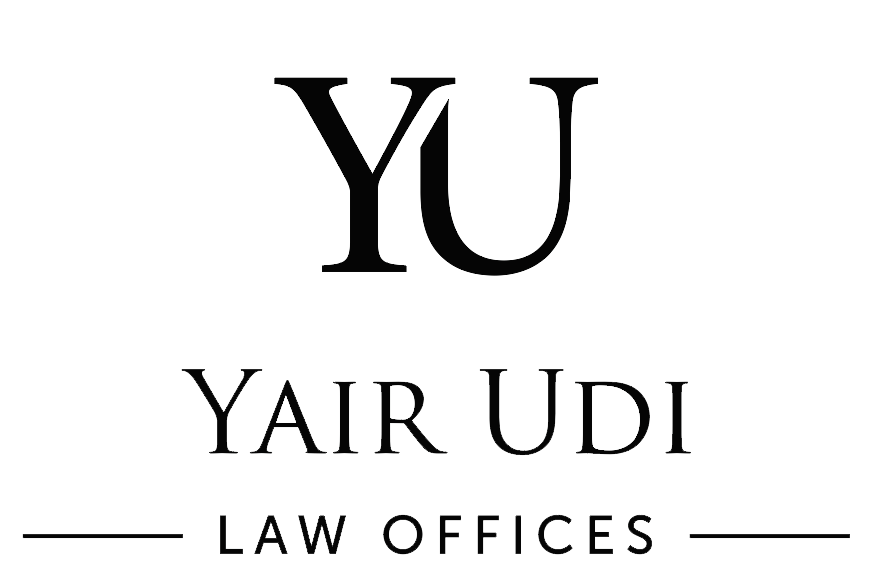In today’s competitive startup ecosystem, raising capital is critical for a company’s growth and success. One of the most popular fundraising instruments used by startups is the Simple Agreement for Future Equity (SAFE). SAFEs have gained popularity over the years because they offer a quicker, cheaper, and simpler way of raising funds compared to traditional equity financing. However, it is important to note that different types of SAFEs offer different levels of protection and benefits, and they are applicable to different economic environments.
In a market with high inflation and soaring valuations, a valuation cap-only SAFE can provide proper protection for investors. This type of SAFE sets a maximum valuation at which the investment will convert into equity, thereby providing investors with protection against inflated prices. For example, imagine a startup issuing a SAFE with a valuation cap of $20 million. If the startup is valued at $30 million in the next round of funding, the investor’s investment would convert to equity at the $20 million cap, thereby providing them with a higher return on investment.
However, a valuation cap-only SAFE does not provide proper protection for the investor in a downside market where valuations tend to decrease. In such a market, the SAFE may convert at a lower price, leaving the investor with a lower return on investment, and essentially without a premium for advancing funds to the company. In these market conditions, a SAFE with both a valuation cap and a discount is more suitable. The discount provides added protection for the investor and potential for a higher return on investment even if the company’s valuation drops. Additionally, the discount serves as an added incentive for investors to invest in the company as they can purchase equity at a lower price than other investors in the next round of funding.
Let’s take a closer look at how a discount works in a bear market scenario.
Imagine a startup issuing a SAFE with a valuation cap set at $20 million.
However, the startup’s valuation drops to $8 million in the next round of funding. In this scenario, an investor who invested in a valuation cap-only SAFE would have to convert their investment at the valuation of the priced round ($8 million), leaving them with 0% premium for advancing funds, as if they invested at the actual priced round, at a valuation of $8 million. However, if the investor had invested in a SAFE with both a valuation cap and a discount of 20%, they would receive a 20% discount on the $8 million valuation, resulting in a conversion price of $6.4 million. This would provide the investor with a higher return on investment and greater protection in a downside market.
It is important for startups to carefully consider the economic environment and choose the appropriate type of SAFE that suits their needs. By doing so, startups can attract investment and grow their businesses with confidence. Additionally, it is crucial for startups to consult with legal and financial professionals before making any investment decisions.
In conclusion, the type of SAFE chosen by a startup is highly dependent on the economic environment. While a valuation cap-only SAFE may be suitable in a market with high inflation, it may not be the best option in a downside market. Conversely, a SAFE with both a valuation cap and a discount may be more suitable in a downside market. Finally, a priced round SAFE may be more appropriate in a stable economic environment.
DISCLAIMER
This content is brought to you for informational purposes only, you should not construe any such information or other material as legal, tax, investment, financial, or other advice. Nothing contained on this website constitutes a solicitation, recommendation, endorsement, or offer by any person or any third party service provider to buy or sell any securities or other financial instruments in this or in in any other jurisdiction in which such solicitation or offer would be unlawful under the securities laws of such jurisdiction.
THIS ARTICLE IS PROVIDED FOR INFORMATIONAL PURPOSES ONLY AND DO NOT CONSTITUTE LEGAL ADVICE. THIS ARTICLE IS PROVIDED WITHOUT ANY WARRANTY, EXPRESS OR IMPLIED, INCLUDING AS TO ITS LEGAL EFFECT AND COMPLETENESS. THE INFORMATION SHOULD BE USED AS A GUIDE AND MODIFIED TO MEET YOUR OWN INDIVIDUAL NEEDS AND THE LAWS OF YOUR STATE, BY INDEPENDENT COUNSEL YOU RETAIN. YOUR USE OF ANY INFORMATION CONTAINED IN THIS ARTICLE, IS AT YOUR OWN RISK. WE, OUR EMPLOYEES, CONTRACTORS, OR ATTORNEYS WHO PARTICIPATED IN PROVIDING THE INFORMATION CONTAINED HEREIN, EXPRESSLY DISCLAIM ANY WARRANTY, AND BY DOWNLOADING OR USING OR RELYING ON THIS ARTICLE; NO ATTORNEY-CLIENT RELATIONSHIPS ARE CREATED. DO NOT USE THIS ARTICLE WITHOUT AN INDEPENDENT LAWYER YOU HAVE SPECIFICALLY RETAINED FOR SUCH PURPOSE.
© 2023 Yair Udi – Law Offices. All rights reserved

